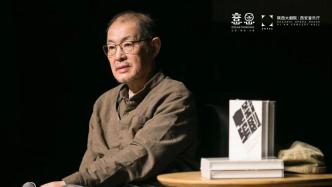
"Screenwriters need skill to discover the drama of real life in the difficult-to-read journal, and to find a true understanding."
Lu Wei, the "No. 1 Chinese screenwriter" who gained fame with "Farewell My Concubine" and "To Live", is obsessed with those themes that are deeply rooted in China's history and social environment, and are closely related to the drastic changes of the times. The fifth generation coincides with each other.
When writing "Farewell My Concubine", Lu Wei was 41 years old and had been working in movies for 17 years. Junior high school culture, imprisonment, self-taught, these labels and the title of "first screenwriter" of Chinese-language movies are put together, full of a legendary sense of conflict and conflict.
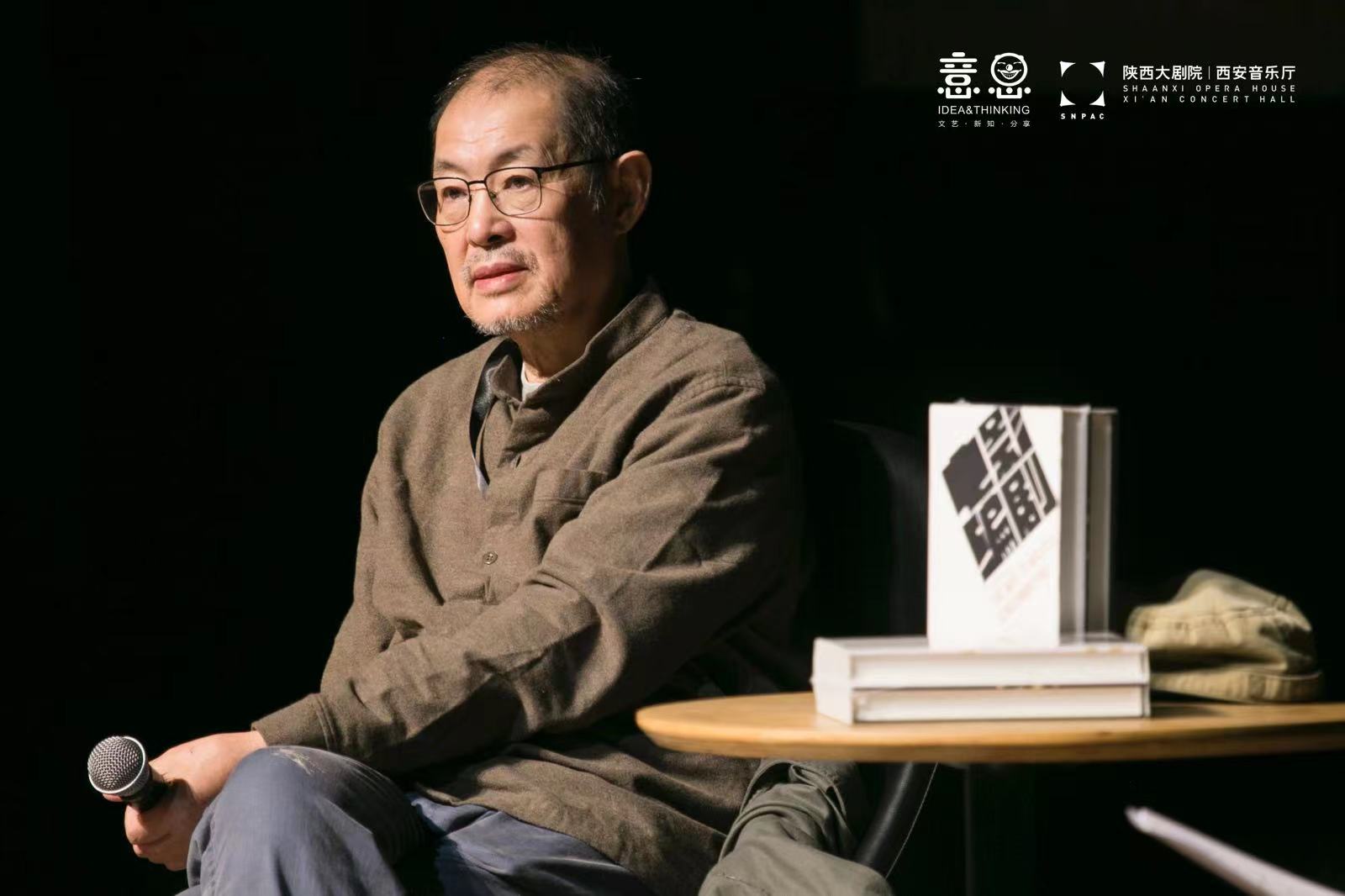
reed
He "taught" "World Cinema", intensively read and analyzed the world's classic film scripts published in it, and relied on the study of classic works, and spent a long time in the cinema. He emphasized that he just followed the basic laws and methods of the genre, and humbly called the classic works his teacher.
In addition to the mutual achievements with Zhang Yimou and Chen Kaige, he collaborated with Wang Quanan for the first time in "Tuya's Wedding" and won the Berlin Golden Bear Award.
But it seems undeniable that Lu Wei, who once stood at the pinnacle of Chinese-language film screenwriting, has since embarked on a "downhill road". He does not admit that the works that made him famous are his best performances, preferring that they are the result of the right time and place.
Wu Yusen asked him to write "Red Cliff", but in the end, because of "disagreement with historical views", Wu Yusen did not accept his script; Chen Kexin asked him to adapt "Waiting", the script was written like the title, and fell into an indefinitely long wait because it could not pass the review ; He once urged Wang Quanan to become the director of the epic masterpiece "White Deer Plain", and then he found that Wang Quanan was not suitable for controlling more grand epic themes, and "White Deer Plain" he had devoted many years of hard work was finally out of his control and changed beyond recognition, He also gave up his signature in anger...
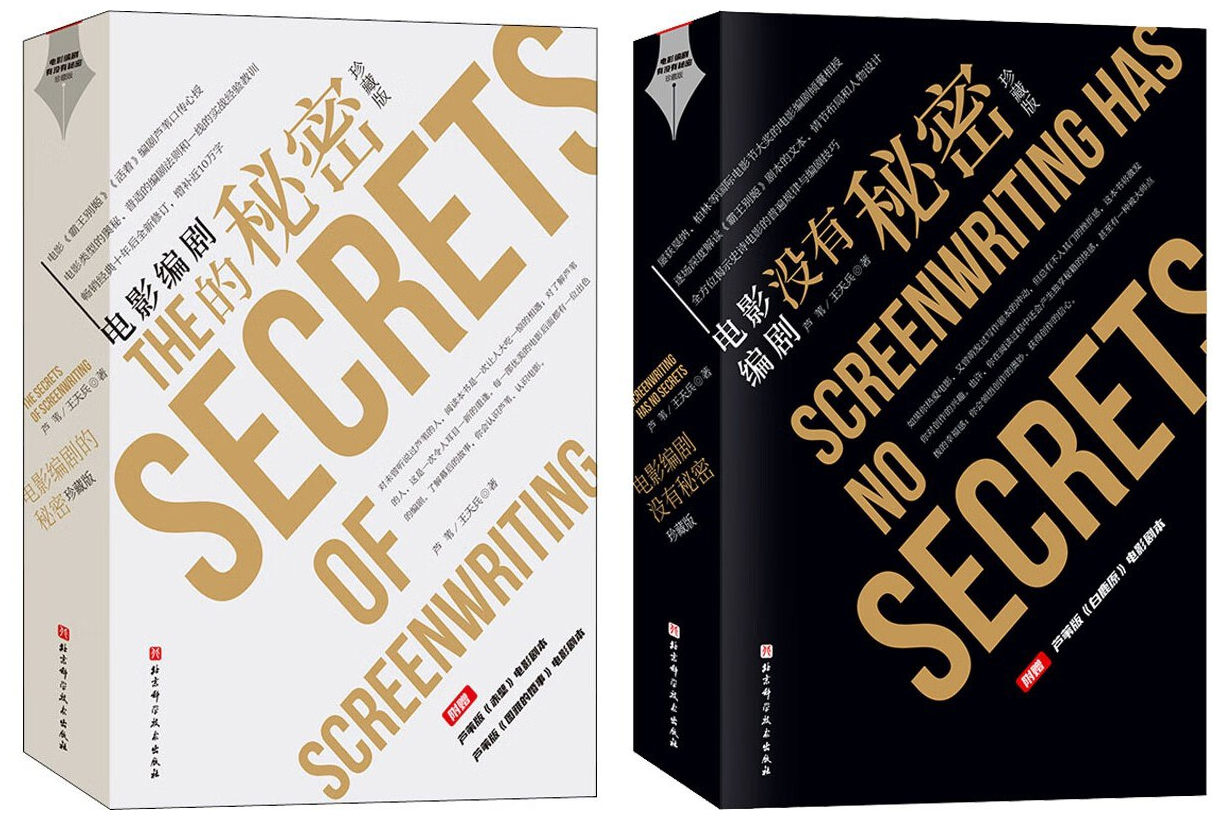
"Film Screenwriting Secrets" and "Film Screenwriting No Secrets"
In 2013, the book "Secrets of Film Screenwriting", which Lu Wei summarized based on his life experience and screenwriting experience, was published six times in the past ten years, and it is a rare script creation guide in China. In 2022, Beijing Science and Technology Publishing House will launch a new revised edition, and Lu Wei and Wang Tianbing's new work "No Secret for Film Screenwriters" will also be published by the press. The two books contain the conversations between Lu Wei and the writer and screenwriter Wang Tianbing on various occasions spanning nearly 20 years. At present, Douban scores are as high as 9+.
The complete scripts of Lu Wei's version of "Red Cliff" and "White Deer Plain" are also included in two books for readers to comment on.
In Wang Tianbing's eyes, this northwestern man who "has been to the mountains, went to the countryside, and been in prison" "always wears a round-neck pullover, a pair of loose military trousers, a pair of round-mouthed black cloth loafers, tall and elegant He has an egg-shaped head, a crew cut, and a sparse stubble that seems to have never been shaved”, but even with a simple style, he is indeed an “outlier who can be said to wash away the imprints of the times from himself”.
"I did escape from the 'disease of the times' in politics, and now I am trying to escape from the 'disease of the times' in commodities, no matter how many layers of skin I peeled off." A self-awareness.
Looking at Lu Wei's screenwriting works, from "Ode to Qin" to "Farewell My Concubine", from the miscarriage of "White Deer Plain" to "Wolf Totem", as well as the unfilmed "Dragon's Kiss", "Li Ling Biography", "Du Yuesheng", etc., about individual The theme of situation and choice in the era is deeply rooted in China's history and social environment, and is closely related to the drastic changes of the times.
Wang Tianbing, who has read all of Lu Wei's scripts, introduced that Lu Wei wrote the legendary story of "the first person in Chinese modern dance" Yu Rongling and Emperor Guangxu and created "Dragon's Kiss". Its magnificent and magnificent layout is similar to "Farewell My Concubine"; According to the diary of an ordinary farmer, "The Years Are Weaving", its weeping charm is not inferior to "To Live"; "Waiting", adapted from the novel of the same name by Chinese-American Harkin, is meticulously written, like a A long scroll of meticulous figure painting; "Du Yuesheng" is magnificent, and the characters outlined in a few strokes have taken shape...
Lu Wei, who is now 72 years old, is still working hard. He had just finished writing a martial arts film, and was writing a story about rural barefoot doctors when he was interviewed by The Paper.
Unlike young screenwriters who have the pressure to "support their families" and have a more professional method of operation, Lu Wei will not wait until he is sure that a story can be bought and photographed with a clear price tag before starting to write, so as to avoid his own invalid labor. "My manuscript fee, The retirement salary is enough for me to live well, now I only write what I want to write, and I don’t think about whether to shoot or not.”
30 years have passed since "Farewell My Concubine". After the reform of the theater system, the ebb and flow of capital, the impact of the epidemic, and the rise of streaming media, the environment of Chinese movies and the medium of movies themselves have undergone many changes. Lu Wei, who thinks that "at least 10 scripts are no worse than "Farewell My Concubine", still has a lot to say when talking about his creations back then, later and now.
【dialogue】
Screenwriters have no secrets, I just want to be an interesting storyteller
The Paper: After "Secrets of Film Screenwriters", why did you write the sequel "No Secrets of Film Screenwriters"? From "there are secrets" to "there are no secrets", does this mean that your understanding of screenwriting has developed in the past nine years?
Lu Wei: When I first wrote this book, the name was not given by me, but by the publishing house. I was offended when I saw the name, as if we knew some secret. So when the second season came out, I said the name had to be changed to "Film Screenwriters Have No Secrets". This is an honest truth, there are no secrets, only rules.
The Paper: As a writer, why didn't you consider "writing" a book more systematically and directly?
Lu Wei: I think this kind of dialogue is very real, free, and relaxed. The most important thing is that it is real and you can say whatever you want. Neither do I. Whether it's systematic or not doesn't matter to me at all. I think whether there is feeling and vitality is the most important thing for a screenwriter. I'm not a teacher, I just want to be an interesting storyteller.
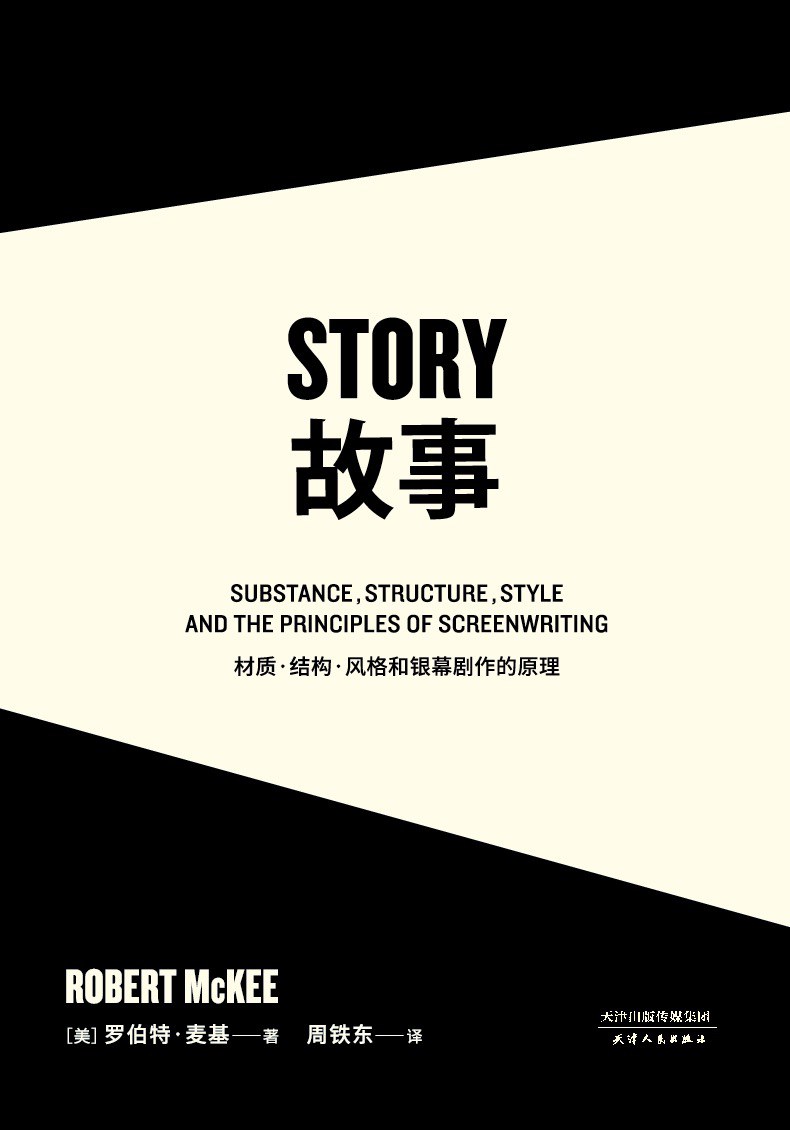
"story"
The Paper: There are actually many books on screenwriting on the market, classics such as "Story", and many books on practical operation techniques. What do you think?
Lu Wei: Technique is always a superficial thing. I believe that a good screenwriter must master the technique, but to be honest, the skill of film screenwriting is relatively simple among all the techniques, and it is easy to master. Of course it is a handicraft, but the law is not omnipotent, it is just a law, and the content needs to be experienced with life. So what I ask of myself is to pay special attention to my own mind and keep it from being polluted.
The Paper: There is a saying that all the stories in the world have already been told. As a screenwriter, how do you deal with this problem?
Lu Wei: It is true that the film environment of the whole world is far from the "classic era" of the 1970s and 1980s. This era is an era in which technological means and entertainment consumption are the main needs. This will definitely damage the cultural quality of the film. China is no exception. When you watch Chinese movies, the function of cultural inheritance has disappeared.
The Paper: Have you tried to adapt to this change?
Lu Wei: I won't get used to it, I must keep it at a respectful distance. I want to do my own thing. If the movie is only for business and box office, for monetary gain, then why should I do this?
The Paper: So some scripts are published in an independent way to meet the audience?
Lu Wei: I want to express my own feelings and pursue the goals of some films, and I make them out, that's all. I keep my essence unchanged, keep my own feeling and my pursuit goal unchanged, and then whether I can make a movie is another matter, that is not something that I can do alone, I complete my share It's okay to do the job.
The Paper: Your self-taught experience seems amazing to outsiders. How do you evaluate your talent in storytelling?
Lu Wei: I think I am a person who has a great understanding of certain genres and certain stories. For example, tragedies, legends of life dramas, historical dramas, or documentary stories, I seem to be more sensitive. Another method, such as suspense drama, fantasy drama, science fiction, I can't do it. If you ask me to write about rural love, I will write; if you ask me to write about urban love, I can't. Everyone has limitations, and I have a clearer understanding of my limitations.
The Paper: You put a lot of emphasis on genre in your book. In the early years, Chinese movies did not pay much attention to this aspect, but in fact, genre has been emphasized a lot in recent years, but people still think that most domestic movies are not good-looking, so "genre" What is the relationship between "and "good-looking"?
Lu Wei: Because movies are not truth, movies are emotions, a sublimation and expression of emotions. You know all the genres, and you may not be able to write a good script. You just know its rules, but it doesn't mean you can complete the creation. So now many people follow the screenwriting method, and even follow the big data, which itself is incredible to me. I said that I insisted on one thing - post when you feel it, and never post when you don't feel it. This is my bottom line.
I saved more than 20 books and didn't shoot them, the "willfulness" of the gold medal screenwriter
The Paper: What impresses me deeply is the several examples of final "aborted" projects mentioned in the book. When you and the director have a deviation in understanding the original work, which parts will you compromise and which parts must be insisted on?
Lu Wei: For example, when you collaborated with John Woo in "Red Cliff", I insisted that it was a duel between two men, Cao Cao and Zhou Yu. At this time, he must add Xiao Qiao, and must add a beautiful woman, so that Xiao Qiao can be a spy. I am firmly opposed to adding this love line. I said I can't add it, and I said that my understanding of the Chibi incident does not allow this person. I said that this story is not true, it is just your own wishful thinking, you can't take a woman as Cao Cao's opponent, because the strength of the two parties in the conflict must be equal, and the current situation does not conform to the laws of history.
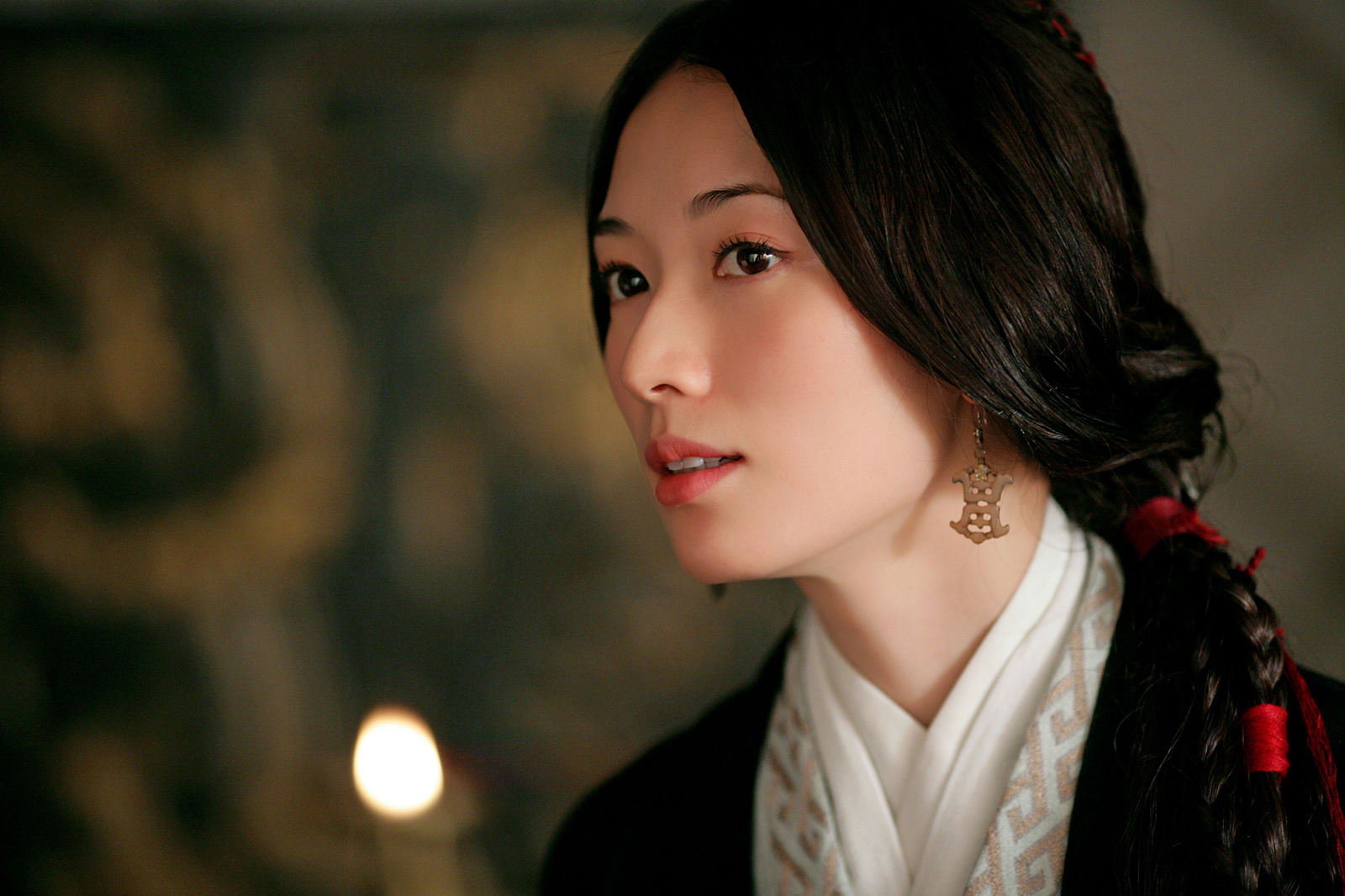
"Red Cliff (Part 1)" stills. Lin Chiling as Xiao Qiao
The Paper: But it may conform to the law of some commercial films, there must be a beautiful woman among men?
Lu Wei: But the commercial nature of this film is not good at all. Doesn’t the disastrous box office failure of “Red Cliff” prove it? If it is commercial to add a beautiful woman, then it is too easy to be commercial. There is no such cheap thing in the world. The audience is much smarter than you. You have to communicate with them about their aesthetics and requirements, and you'd better conquer them.
And at that time, Wu Yusen said that the theme of "Red Cliff" was anti-war, thinking that this story should reflect the unity and peace of the Chinese people. This theme is fine, but it shouldn't be discussed in "Red Cliff", because there is no such thing in this war. So we couldn't convince each other later, and he didn't adopt my version of the script.
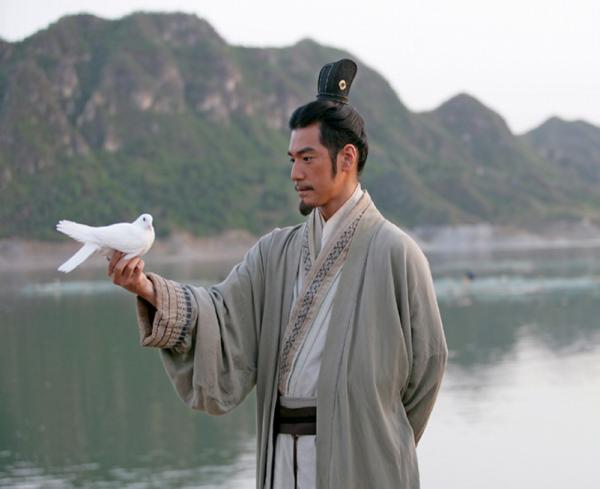
Stills of "Red Cliff (Part 1)"
The Paper: Actually, I am still curious about how high your "starting point" is, but in the past few years, there have been fewer works on the big screen. Is it related to this seriousness and unwillingness to compromise? Do these works "difficult birth" have some common features?
Lu Wei: I think there may be an indirect relationship. The direct relationship is that they think that the script you wrote cannot be given to them to make money. For example, they think that if you want to write a very realistic subject now, such as a farmer, they think it is not entertaining, and if you don’t make money, then you won’t cooperate. For me, if I don’t cooperate, I won’t cooperate. You shoot your money-making stuff, and I write what I think is valuable. We each go our own way.
Counting, I wrote about thirty-five or six of my movie scripts, and about fifteen or six of them were filmed. Of course, some of them lost money, but very few, and most of them made money, and they made a lot of money. So I don't agree with their judgment that my script will not sell for money.
The Paper: The book mentions that many of the books that have not been shot are themes of individuals ups and downs in the torrent of the times. Why do you have a soft spot for such a perspective?
Lu Wei: Because I am a small person in the big era. I have a lot of sympathy for people with the same fate. The premise of my script is that it must be true. If you want to find a false subject for me to write, I can't write it.
The Paper: What is surprising is that you have so many finished scripts in your hand. Most professional screenwriters should get the project before they really start writing. Do you start writing directly?
Lu Wei: I write scripts mainly because of my inner needs. So it is my wish to complete these scripts independently of the video. Film screenwriting is something I would like to do. Although it does not make money, there is no market for it now, and the script cannot be sold. No one wants this subject matter. I feel that there are no worries and burdens in my current life. My children have grown up and my family is stable. My salary alone is really enough for our life. With my standard of living, I am I am a very free person financially and ideologically, and I have to decide what to write and what not to write.
I wrote several scripts in a row, but no one asked me for it, and no one gave me money, but I was willing to write it. I probably don't have such a strong purpose. I am a very "willful" person. If I am interested, I will write without giving me money. There is a kind of joy in it when I write; if I am not interested, I will not be able to write with more money. Feeling is not feeling.
At the age of 72, he still insists on writing every day and looks forward to cooperating with young directors
The Paper: Talk about the latest creation?
Lu Wei: I am currently writing a story about a friend of mine. An educated young man became a barefoot doctor when he jumped into the queue in the rural areas of northern Shaanxi. Today he has been forgotten by people, but the villagers and patients in northern Shaanxi have not forgotten him, and I cannot forget him either. When I wrote his stories, I often wrote myself in tears, and of course, I almost tear myself up in every script I write. But it is estimated that when people look at the countryside and educated youth, they feel that they cannot make money.
The Paper: Will you put effort into selling the finished books?
Reed: No. Because that's not what I do. I still have about 20 copies on hand, and I have confidence in their quality. I feel that if these scripts are put here, someone will find them in the future, and someone will be interested.
The Paper: Will the past glory become some kind of "threshold"? Like cooperating with big directors?
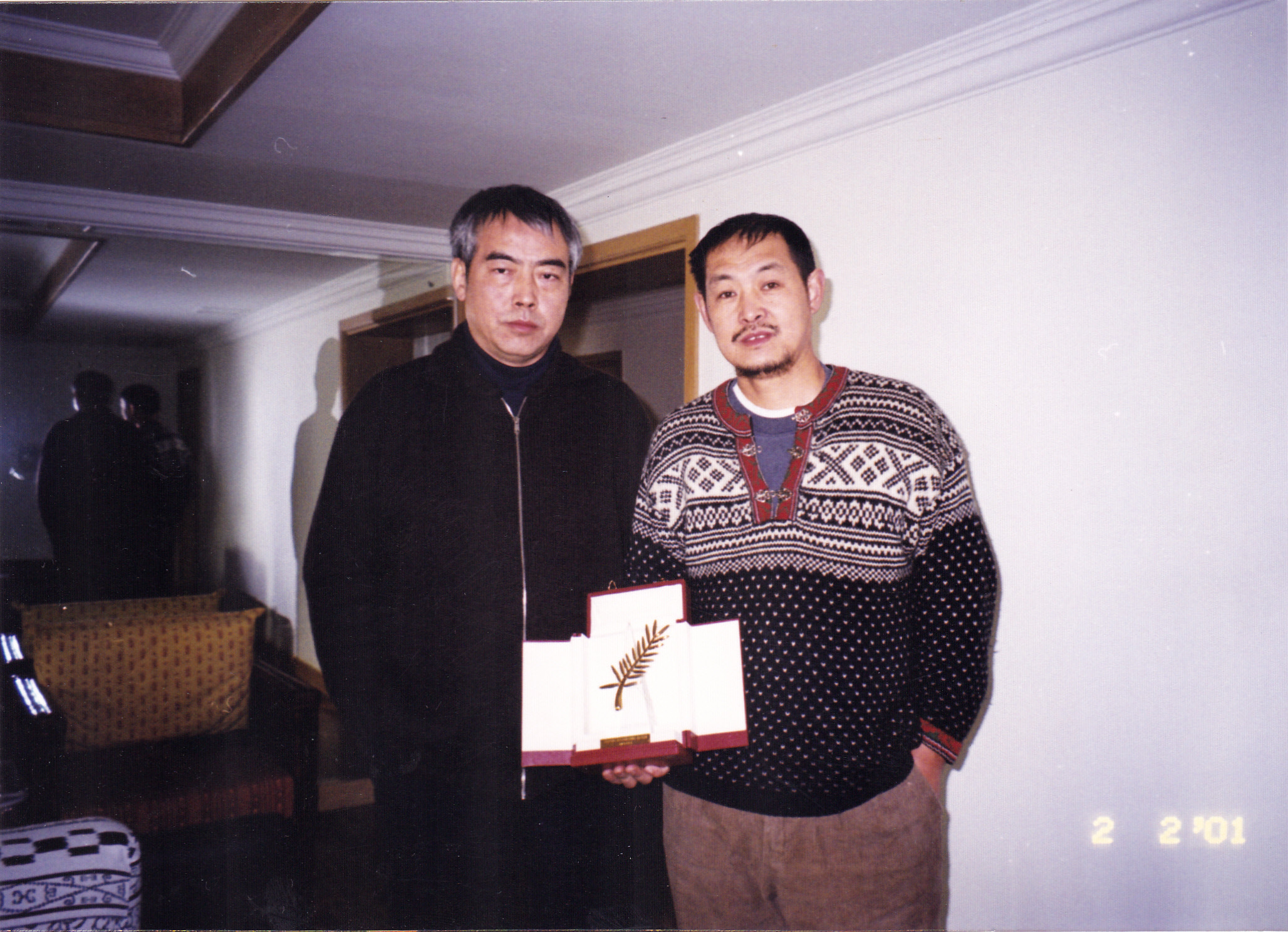
A group photo of Chen Kaige and reed
Lu Wei: For me, there are only incentives, not burdens. The meaning of writing "Farewell My Concubine" is that you should like something better than it, because you have already stood in this place, you should write something better, more convincing, expressive, and more able to touch your heart Here comes the script.
All success is a new beginning. What I said is a bit exaggerated, but it is indeed very honest.
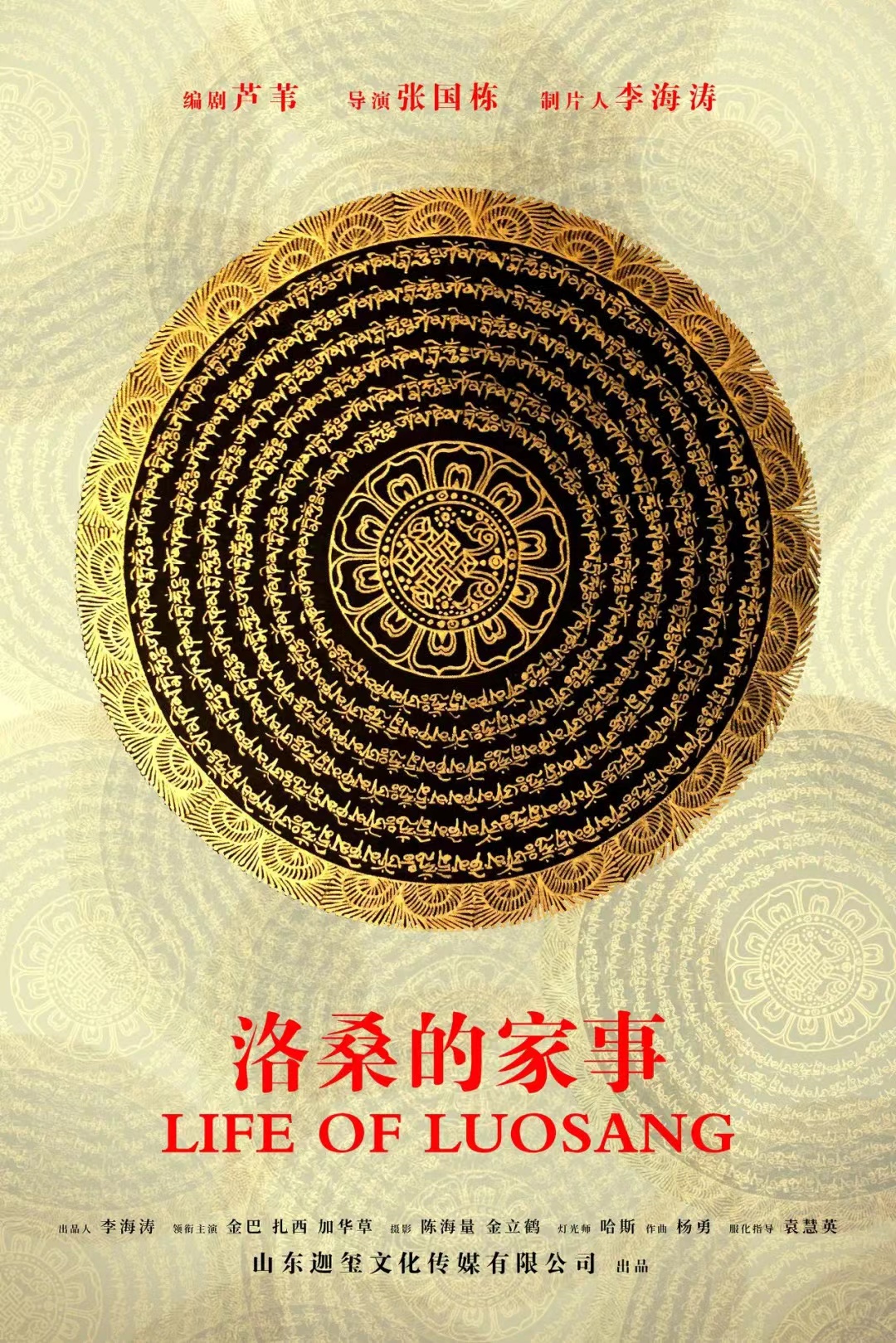
"Family Affair in Lausanne" poster
I don’t even know how to cooperate with directors. I don't value their reputation at all, I only value their work. My latest film "Family Affair in Lausanne" has just won the Best Asian Independent Drama Film Award in the main competition of the 2022 All Asian Independent Film Festival (AAIFF). The director's name is Zhang Guodong, he is very young, only in his 40s, and we had a great time working together. Another small-budget movie "The Rattle Drum" is about to be released. I am the script consultant and producer, and the director is also very talented.

The movie "Rattle Drum" released on February 25th, produced by Lu Wei
Now there are many very talented directors, such as Li Ruijun, Zhou Ziyang, Bai Zhiqiang, Zhang Guodong, I am moved by the works of these young directors, and I am willing to continue to cooperate with them, and sometimes show them Read the script. I think their works are full of vitality. They represent a young future of Chinese films and should take responsibility.
The Paper: Today's audiences seem to be getting farther and farther away from serious and grand narratives, immersed in fragmented reading and short videos. Are you worried that it will be more difficult for your creations to connect with young people today?
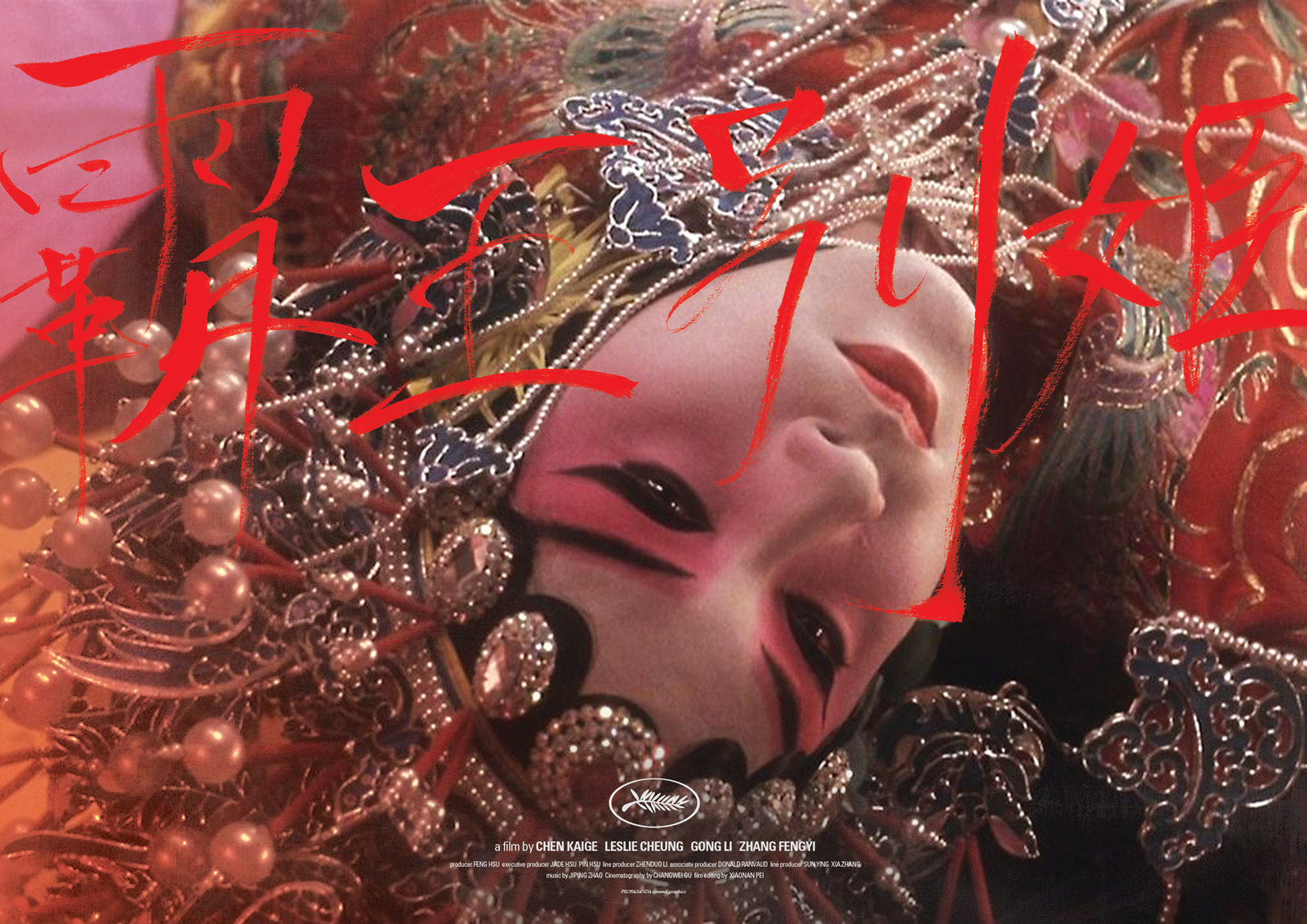
"Farewell My Concubine" re-release poster
Lu Wei: I am not worried at all, because "Farewell My Concubine" is still loved by many young people after watching it. This actually gave me a confidence that as long as a good movie can connect with people of any age group. I was surprised when I saw the reaction of people here in the United States to Farewell My Concubine. They are separated by thousands of mountains and rivers, the language is not fluent, and they may not understand the cultural background, but they love this movie so much, I am very moved, and I think it is really amazing.
The Paper: In the era of "Farewell My Concubine", Peking Opera was a "just need" for people's cultural life, and then it declined, and there was a kind of helpless loss. Faced with the "marginalized" point of view of film as a medium today, do you feel a bit similar? How do you see the future of cinema?
Lu Wei: That's different. Peking opera was much better than movies back then. Movies will always have their market and audience. It is impossible to dominate the world, but there will be a group that it will always follow. I am very confident in the vitality of movies, including some influence on future media. As the seventh art of human beings, it is impossible for human beings to live without it.
The Paper: How is your life like recently? How is it different from the state of writing scripts when you were young?
Reed: Exactly the same as before. When you write a script, you are always in a small room, and it is the same when you close the door. Now everything is normal, every day I either write scripts, read materials, write notes, read books, or read picture books and watch documentaries. It has been like this for decades, and the rhythm of life is almost the same. The speed seems to be a little slower, because you think too much. Experience is a duality. Sometimes it will provide you with a motivation, and sometimes it will become a resistance.


